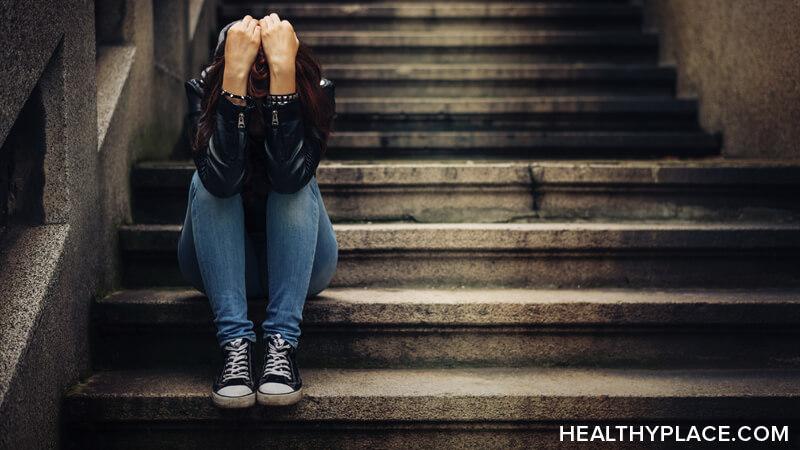Overcoming Mental Health Stigma in the Latino Community

Mental health stigma is pervasive in the Hispanic/Latinx community. These long-standing negative beliefs surrounding mental health are attributed to various cultural complexities, such as the tendency to keep personal challenges private and the harsh stereotypes affiliated with those who suffer from mental health issues.
Latino Cultural Norms Foster Mental Health Stigma
As a biracial woman of Latin descent, I make it a priority to immerse myself in both of my ethnic backgrounds. Recently, I did a deep dive into the intersectionality between mental health and race, specifically in the Latino culture. Although mental health stigma is an obstacle facing every demographic, not just Latinos, the Hispanic/Latinx community embodies several cultural distinctions that foster an environment for mental health stigma to flourish. The idea of "machismo," the sense of being manly and self-reliant, has been engraved into Latino culture for centuries. Sexism aside, "machismo" subliminally creates a society where asking for help and admitting personal struggles is shameful. Just to be clear, people accepting they need help is one of the strongest and most courageous things that can be done in a mental health journey.
Fear of being labeled is another barrier to the eradication of mental health stigma in the Latino community. As a Latina, in my experience, people suffering from anxiety or depression are sometimes categorized as "nervios" ("nervousness"), while people suffering from bipolar and schizophrenia are often labeled as "locos" ("crazies"). This blatant diminishing of mental health disorders discourages individuals from coming forward and speaking openly about struggles with mental health. A shocking "20 percent of Latinos with a mental disorder talk about it with a primary care physician," and even more concerning, "only 10 percent pursue treatment from a mental health provider."1
Lack of open discussion about mental health issues plays a large part in the trend seen throughout the community of not pursuing treatment for mental health disorders. There is a saying in the Spanish language, "la ropia sucia se lava en casa," which roughly translates to, "don't air your dirty laundry in public." Speaking about mental health in the Hispanic/Latinx culture is taboo. Families tend to keep personal struggles being experienced at home private and out of the public eye. Although understandable, this cultural tendency deters individuals from speaking openly about personal struggles, and similar to the fear of being labeled discourages people from asking for help.
Possible Solution to Mitigating Stigma in the Hispanic/Latinx Culture
One of the most honorable qualities of Hispanic/Latinx culture is the emphasis placed on the value of family. Latinos have strong family networks, and if used as a measure to mitigate mental health stigma, it will most likely have a positive effect on members of families struggling in silence.
Like any illness, family support can play a key role in recovery and acceptance. Family members should create a space for individuals to share and embolden individuals to address the issue rather than keep it hidden out of fear or shame. Due to the strong familial ties in the Latino community, acceptance by the family will likely play a monumental role in actively dismantling mental health stigma throughout this demographic.
Source
- U.S. Department of Health and Human Services, "Mental Health: Culture, Race, and Ethnicity." National Center for Biotechnology Information, August 2001.
APA Reference
Jack, J.
(2022, January 6). Overcoming Mental Health Stigma in the Latino Community, HealthyPlace. Retrieved
on 2026, February 27 from https://www.healthyplace.com/blogs/survivingmentalhealthstigma/2022/1/overcoming-mental-health-stigma-in-the-latino-community
